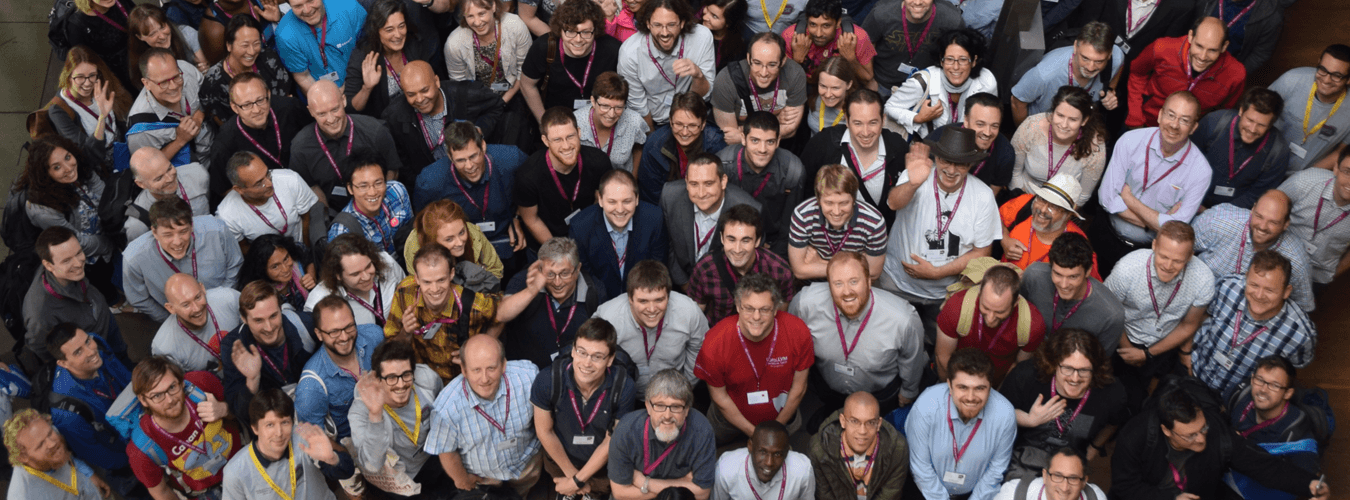When the University of Sheffield’s research software engineering group started in 2015 it had just one member of staff, Mike Croucher, who had to make the case for why it was even worthwhile. “Professor Neil Lawrence asked me to set it up based loosely on what had been done at the University of Manchester, but said: ‘We need to be involved in grant capture from the start and act as collaborators rather than just service providers. You’re going to have to make the case for this. People don’t understand it, or believe in it’,” says Croucher. “And he was right. People just didn’t believe there was a need for something different. They saw research computing as supercomputing – and I was arguing that that was fine, but you’re lucky if you’re reaching 10% of the research population.”
Croucher began putting together a ‘manifesto’ spelling out the need for research software engineering, and beginning projects to prove each point. “I wrote about training, and started doing training. I talked about the need to mentor PhD students, and I started to do that. I set up small demonstrator projects of everything. People would comment on how much my team was doing, and I couldn’t tell them that it was just me!”
Things began to change when Croucher was awarded a research software engineering fellowship, alongside his colleague Paul Richmond. “That gave us around £1.3 million in funding between us, and we won a number of other grants shortly after that. Suddenly, this grassroots effort caught the interest of senior people within the university,” Croucher says. Croucher and Richmond used their fellowships to seed the RSE group in its current form. Academics also began to show an interest in the work the group could do, and the way it could help them to win larger grants.
Anyone setting up a group today should take advantage of funding bodies’ newfound interest in RSE aspects within applications, Croucher says. “Make sure your academic community sees that this can help them, both in their work and in getting more funding,” he says. “Get out there and get known, talk to everyone you can, and show that you can be a genuine collaborator rather than just a service provider, so that they start seeing you as an integral part of everything they do.”

